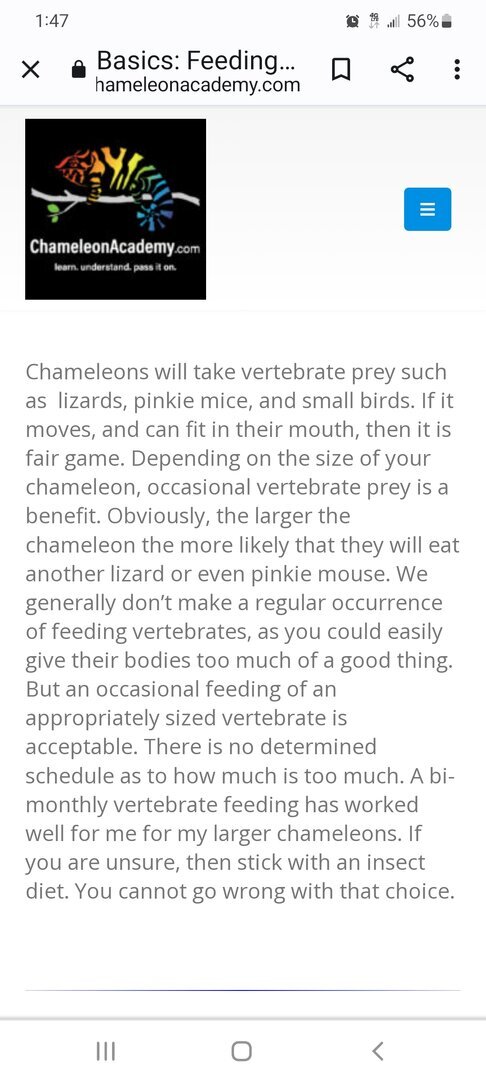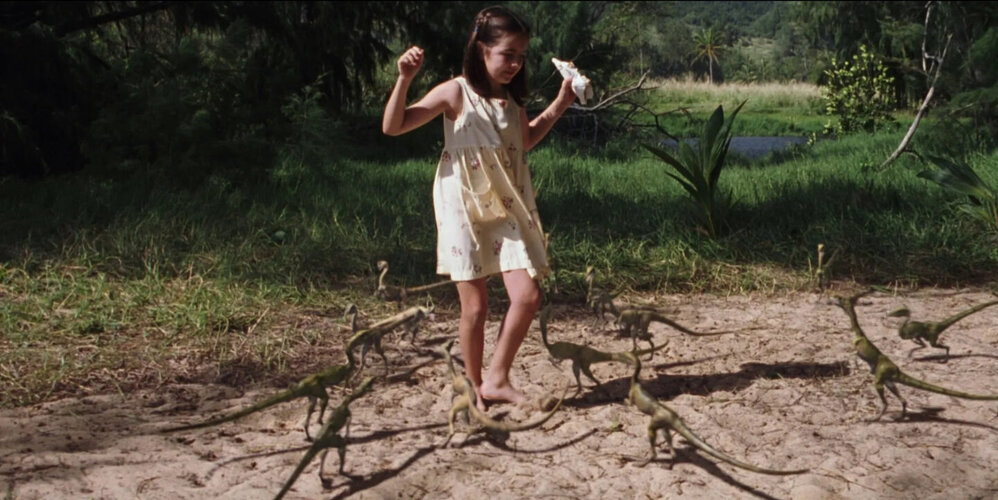bberry820
Member
It is baby house gecko hatchling season here in Florida and I keep finding these cute little guys all over the place. They don't look like they would be poisonous and they are so small that their bones seem like they should be digestible. Aside the notion that you shouldn't feed wild caught food, would they be a good or bad food for an adult veiled chameleon? I am sure they would eat them in the wild if they had the opportunity but the house geckos are nocturnal so they probably don't run into each other often.
-Please base your opinion off of the food source and not the fact that these are wild caught. This is a curiosity question more than a practical question, I am not looking to test it out.-

-Please base your opinion off of the food source and not the fact that these are wild caught. This is a curiosity question more than a practical question, I am not looking to test it out.-










